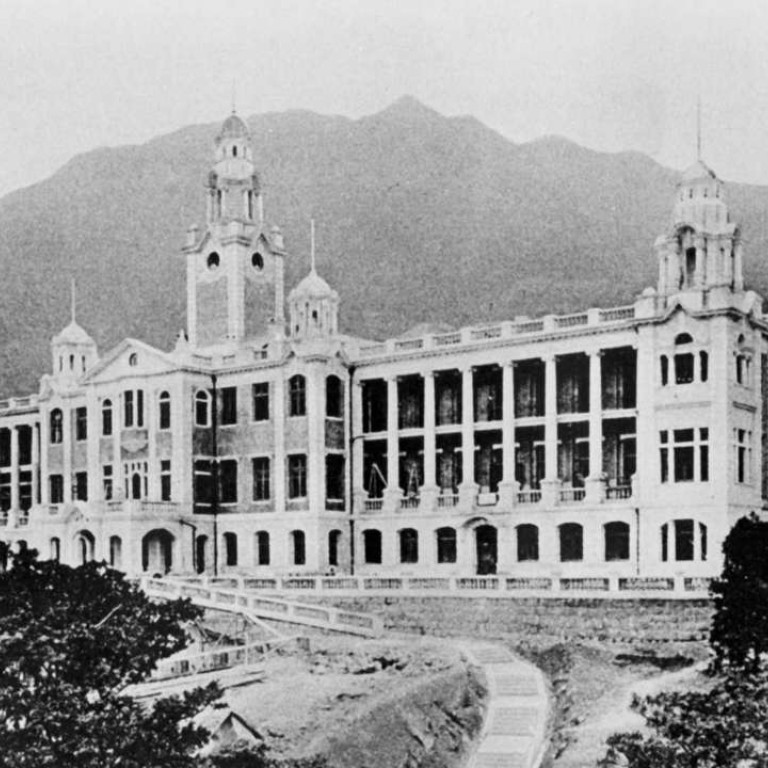
Hong Kong paying price of ignorance about Southeast Asia
For many Hongkongers, Southeast Asia means cheap holidays and a source of rice and domestic helpers but, as the region’s influence grows, ignoring it will prove costly
And that’s it. The sprawling realities of an enormous geographical hinterland in all its ethnic, religious and linguistic diversity, rich in culture with steadily growing economic and political significance to Hong Kong and the mainland, neatly reduced to a few simple clichés.
This short-sighted ignorance is by no means confined to the barely travelled and approximately educated, whose regional exposure is limited to a few socially acceptable holiday destinations such as Phuket or Bali; such views remain widespread among many who should know better.

From the late 19th century until the 1960s, promising students from neighbouring regions required no incentive to come here. Teenagers – many of them Eurasians – often came as boarders to Hong Kong’s leading Catholic or Anglican schools, usually with a view to eventual tertiary study here. Overall quality of education on offer in Hong Kong – allied to the lack of anything comparable in their home territories – was lure enough. But no more …

As government support was limited in Hong Kong, private Southeast Asian philanthropy became vital to early institutions. The Malayan Chinese tin and rubber magnate (and, incidentally, Kuala Lumpur’s pre-eminent Triad leader) Loke Yew was a major donor to the University of Hong Kong. In grateful recognition, HKU’s main building was named after him. Tiger Balm millionaires Aw Boon Haw and Aw Boon Par were also providers of generous scholarships and donations.
For some decades, Southeast Asia specialists were a noted presence in local academia. One leading scholar of modern Malaysia and Singapore, the late Professor C. Mary Turnbull, was based at HKU for many years. Others who had originally come to Hong Kong for further study remained here to work, and stayed on in retirement.
During my time at HKU in the mid-90s, the history department had an internationally renowned Southeast Asian specialist on the teaching staff. Unfortunately, almost no interest existed among the student body for what this professor’s knowledge could offer them. Professor X once ran his year-long Southeast Asian history survey course (a superb educational experience) for two students – myself and one other. Upon retirement a few years later, his extraordinary range of intellectual expertise was, sadly, not replaced. And this sorry state of affairs – of largely ignoring the serious study of Hong Kong’s “other” great natural hinterland – was allowed to happen, nearly 20 years ago, at Hong Kong’s premier institution of higher learning.

